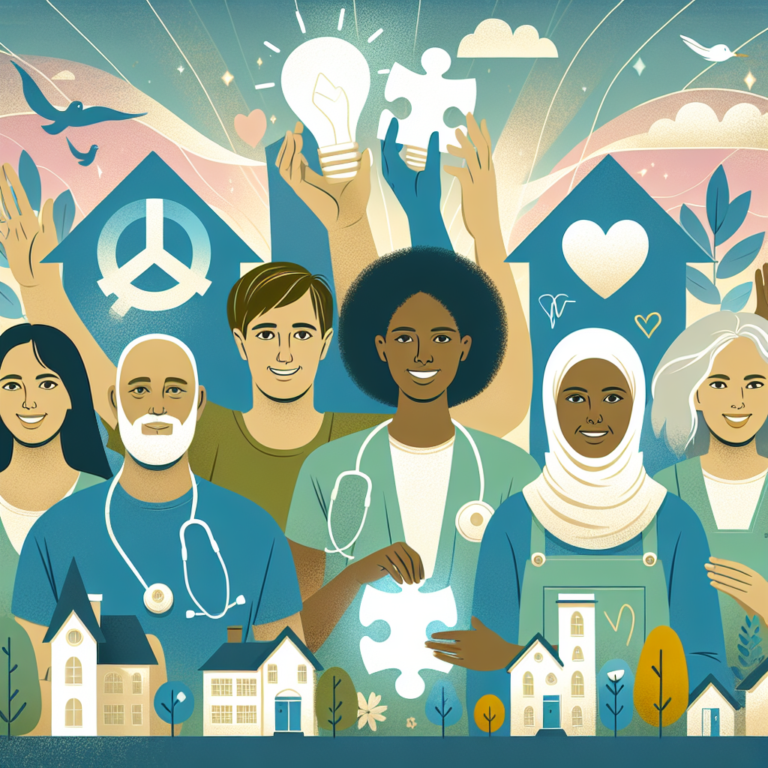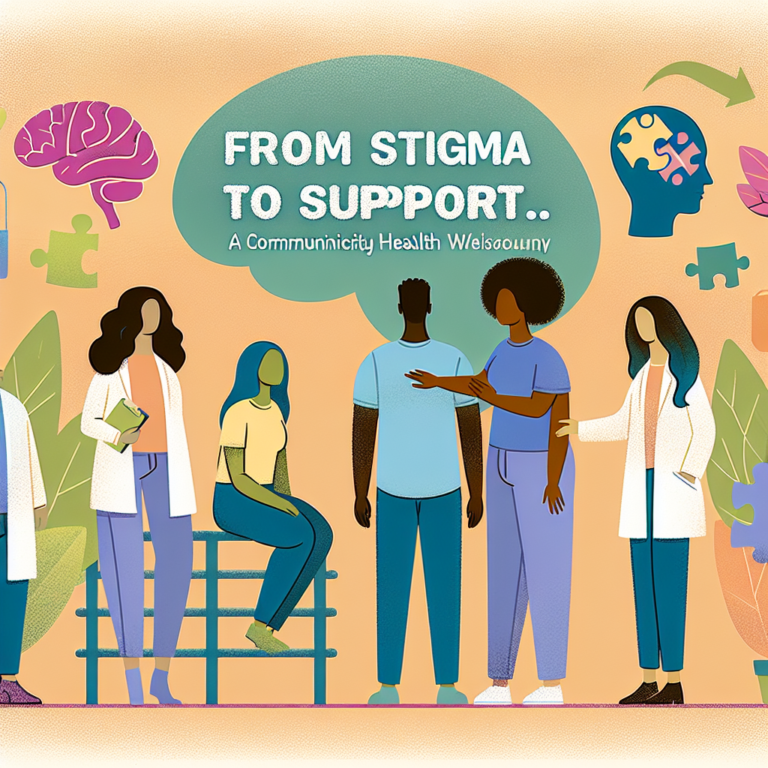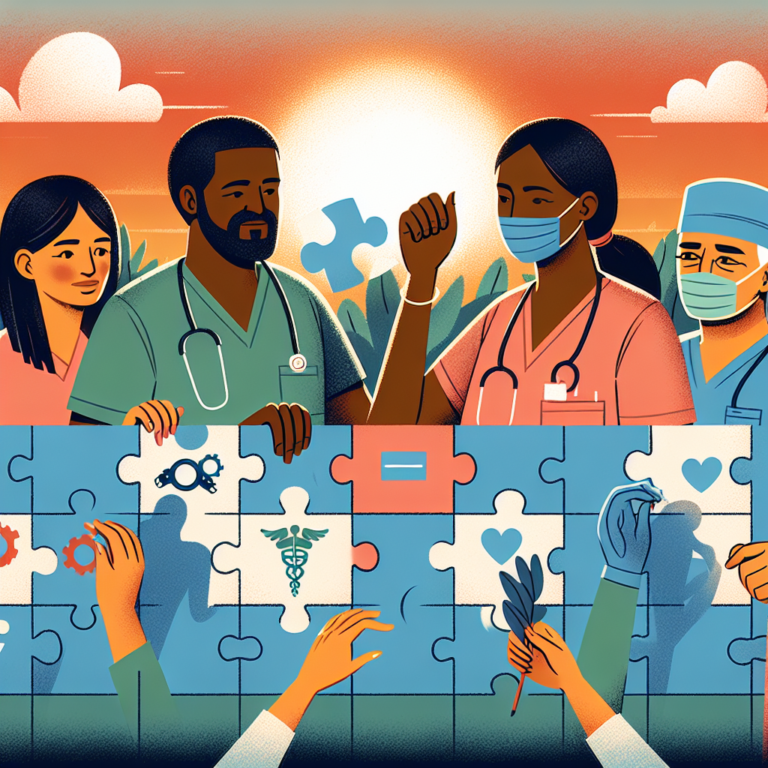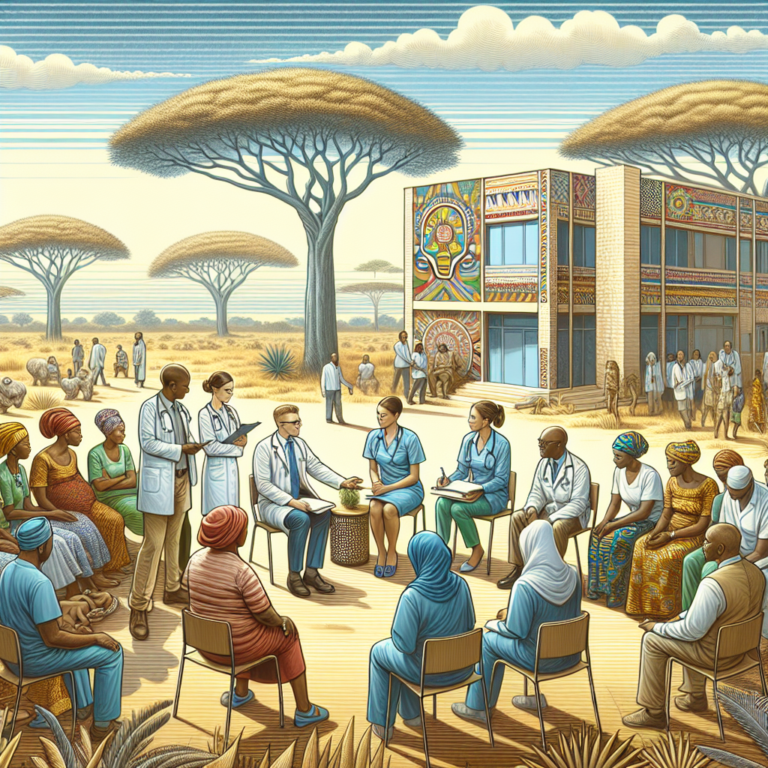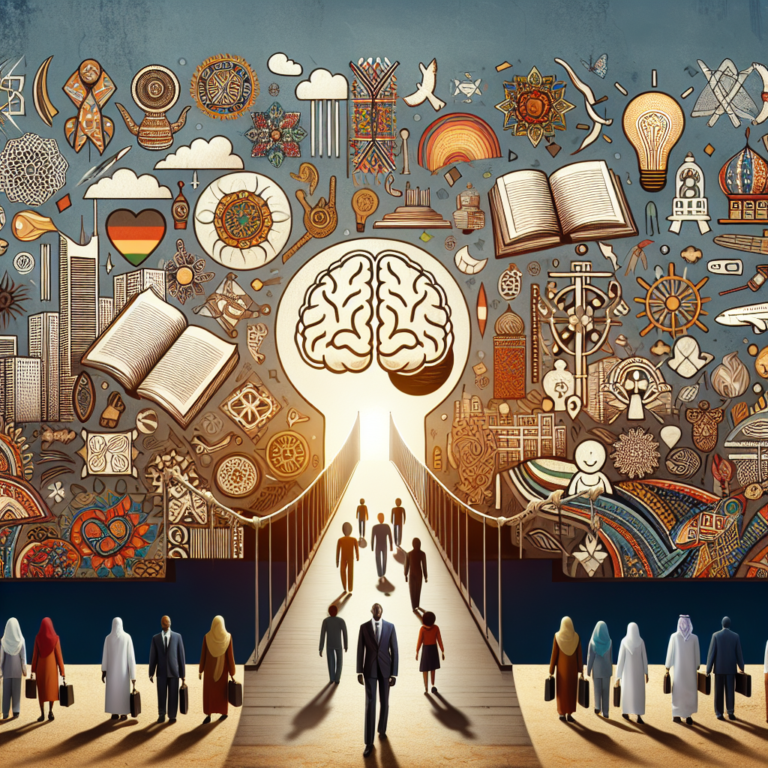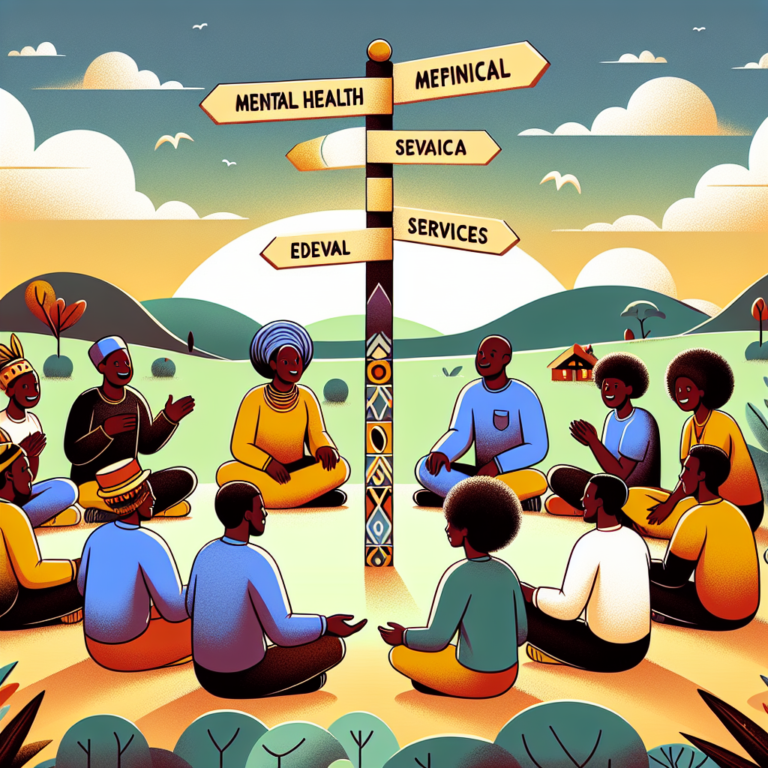mental health has become a growing concern in today’s society, with more and more people struggling with issues such as anxiety, depression, and stress. While there are many resources available for those in need of support, one group of professionals that often goes overlooked in the conversation about mental health are community health workers.
Community health workers play a vital role in bridging the gap between individuals and the mental health system. These individuals are often members of the communities they serve, providing culturally sensitive and linguistically appropriate care to those in need. They work tirelessly to connect individuals with mental health services and resources, providing crucial support and guidance along the way.
One of the key roles of community health workers in the realm of mental health is education and advocacy. They work to raise awareness about mental health issues, reduce stigma, and promote mental wellness in their communities. By offering workshops, support groups, and one-on-one counseling, community health workers help individuals better understand and manage their mental health.
Another essential role of community health workers is providing access to care. Many individuals, particularly those from marginalized communities, face barriers such as lack of insurance, transportation, or knowledge about available resources when seeking mental health services. Community health workers help break down these barriers by providing information, assistance with navigating the healthcare system, and connecting individuals with affordable and accessible mental health services.
Furthermore, community health workers serve as a crucial link between individuals and mental health professionals. They provide ongoing support and follow-up care, ensuring that individuals are able to access the services they need and stay engaged in their mental health treatment. This continuity of care is essential for long-term mental wellness and recovery.
In addition to their support of individuals, community health workers also play a role in advocating for systemic change within the mental health system. They work to address social determinants of mental health, such as poverty, discrimination, and lack of access to resources, that contribute to poor mental health outcomes. By advocating for policies and programs that promote mental wellness and address social inequities, community health workers help create a more supportive and inclusive environment for all individuals.
Overall, community health workers play an essential role in building bridges to better mental health. Their dedication, compassion, and commitment to serving their communities make a significant impact on the mental wellness of individuals in need. By recognizing and supporting the vital work of community health workers, we can create a more inclusive and effective mental health system that meets the needs of all individuals.


